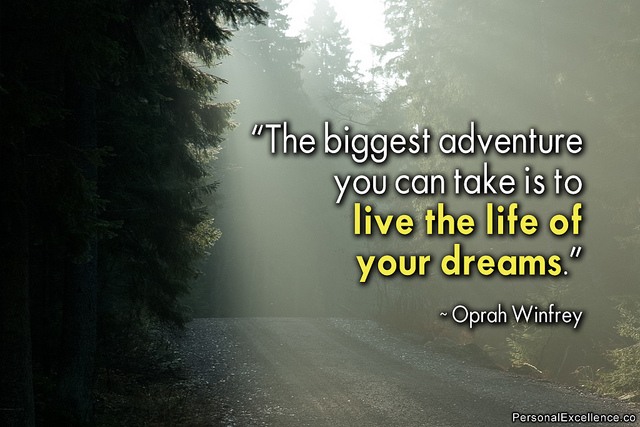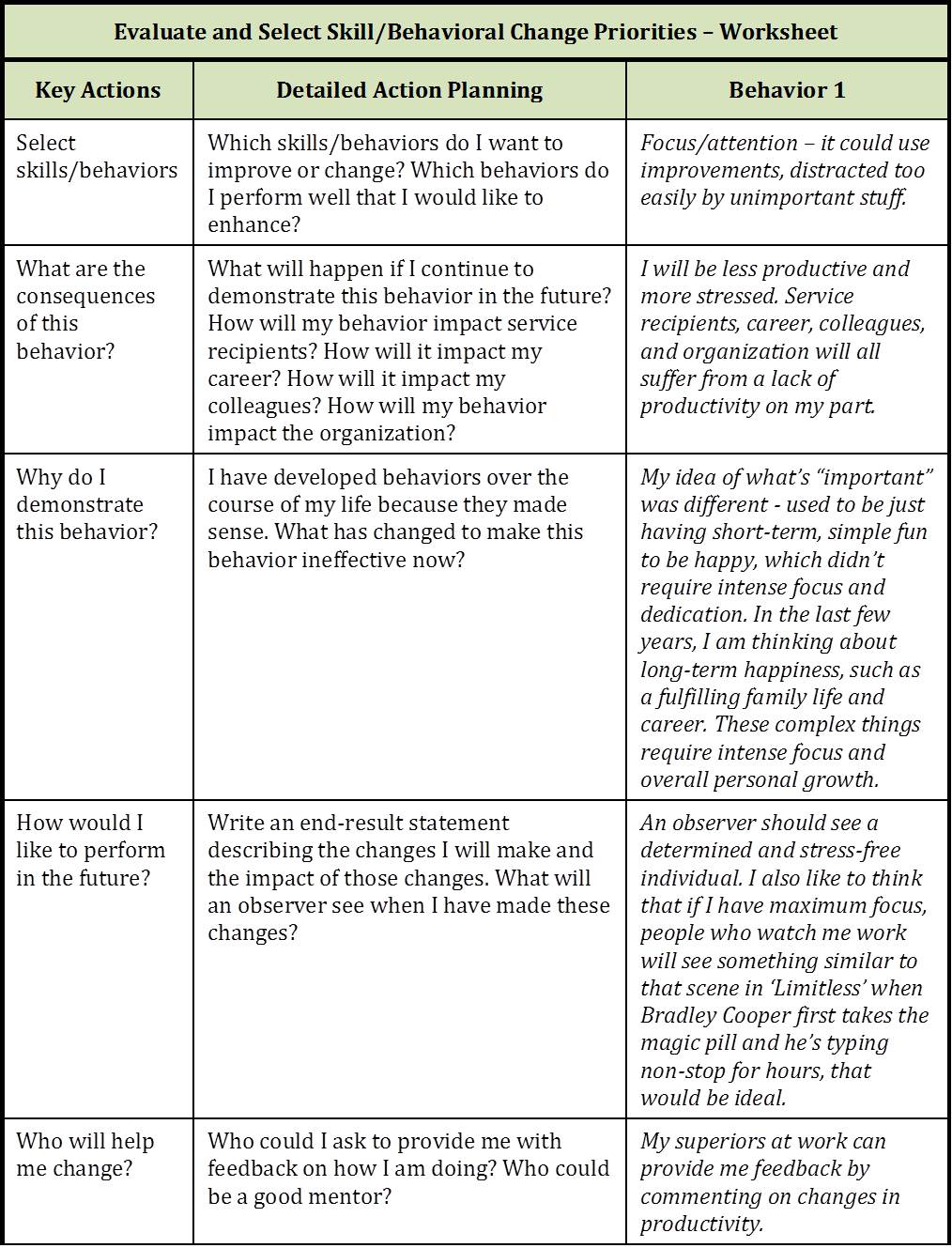Plan Your Career Development Journey – Eric’s Story
 I’m Eric Philippou, and I’m writing this blog as part of my college internship at Metcalf & Associates. I just completed the reflection questions associated with identifying my strengths and opportunities. It is now time to move to plan our journeys understanding that our overall life goals will be achieved by accomplishing many short-term goals. This is the third step in becoming an innovative leader while you’re young.
I’m Eric Philippou, and I’m writing this blog as part of my college internship at Metcalf & Associates. I just completed the reflection questions associated with identifying my strengths and opportunities. It is now time to move to plan our journeys understanding that our overall life goals will be achieved by accomplishing many short-term goals. This is the third step in becoming an innovative leader while you’re young.
Short-term goals may consist of milestones that move you closer to your overall achievement, such as internships, degrees, jobs, or promotions. Other short-term goals, which are equally important, consist of personal development, such as learning new skills/behaviors, building on current strengths and minimizing weaknesses. The goals of personal development are very important because as you make progress through your academic and professional careers, you’ll have greater responsibilities and bigger challenges. That being said, to plan the short-term steps that will lead you to the long-term life goal, we must identify which career milestones we will need to get us there, and then choose which personal development goals to accomplish to help us reach the nearest milestone. For each milestone in your life, you may need to create new personal development goals. To optimize personal development (for short-term and long-term), one must include in his plan all four parts of the human experience: physical, mental, emotional and spiritual/purpose.
Short-term Goals: Career Milestones
As you’ve done for previous posts, research and list the steps it takes to get that “dream job”, or long-term goal. Then identify the nearest goal. For example:
-
- My Goal: Marketing/management consultant and founder of a nonprofit
- My Milestones:
- Do marketing/consulting internships
- Graduate with relevant degree and great GPA
- Get marketing/consulting job upon graduation
- Go to graduate school for MBA
- Get a great job in marketing/consulting
- After sufficient experience, create a highly successful nonprofit organization
- Nearest goal: Job upon graduation
Short-term Goals: Personal Development
Look at your nearest goal, and think of everything you can possibly learn, strengthen and/or fix to achieve the nearest milestone. This will help you find which personal development goals to set to reach the next milestone. The human experience consists four parts: physical, mental, emotional and spiritual/purpose abilities. Enhancing all four of these types of abilities, you will optimize overall personal growth. We separate these four parts into two categories:
- External abilities (physical and mental):
- Body: exercise, weight lifting, yoga, relaxation, etc.
- Mind: reading, studying, attending school/class, etc.
- Professional skills, learned at school, work, internships, etc.; relevant to your career.
- Internal abilities (emotional and spiritual/purpose) –
- Emotional Quotient (EQ): meditation, maintaining strong friendships/relationships, etc.
- Spirit/purpose: define vision, define values, religious practice, etc.
- Includes intention, world view, purpose, vision, values, cultural norms, emotional stability, resilience, a sense of being grounded, overall personal well-being, intuition, balanced perspective, and attitude, and serves as the foundation for you to accomplish your deepest aspirations.
According to Ken Wilber, a leading philosopher, one can optimize improvement in one of these areas by “cross training”, or working on an external skill at the same time as an internal skill. For example, people who lift weights (external) and meditate (internal) tend to have more success in both areas than those who only do one or the other.
Planning Personal Development Goals
Choose amongst three developmental focuses: learning a brand new skill/behavior, building on a current strength, or minimizing a weakness. After you pick something to develop in one of those three focus areas, identify whether it is an internal or external ability, and then pick an activity that is the opposite ability for the sake of optimization by cross training. Click here to download the worksheet below (which doesn’t have my answers on it) and fill it out like I did. Feel free to view my answers to maybe better understand the question, or just to get more ideas.
Over the next few days, choose a skill and think about how great your life can be if you gain/improve it. In the next post, we’ll make a day-to-day plan for developing that skill to help you reach your next career milestone.
To become a more innovative leader, you can begin by taking our free leadership assessments and then enrolling in our online leadership development program.
Check out the companion interview and past episodes of Innovating Leadership, Co-creating Our Future, via iTunes, TuneIn, Stitcher, Spotify, Amazon Music, Audible, iHeartRADIO, and NPR One. Stay up-to-date on new shows airing by following the Innovative Leadership Institute LinkedIn.
If you are interested in receiving Eric’s ongoing blog series or our other articles by email, please sign up in the box on the right labeled Get Email Updates From Us.


Leave a Reply
Want to join the discussion?Feel free to contribute!